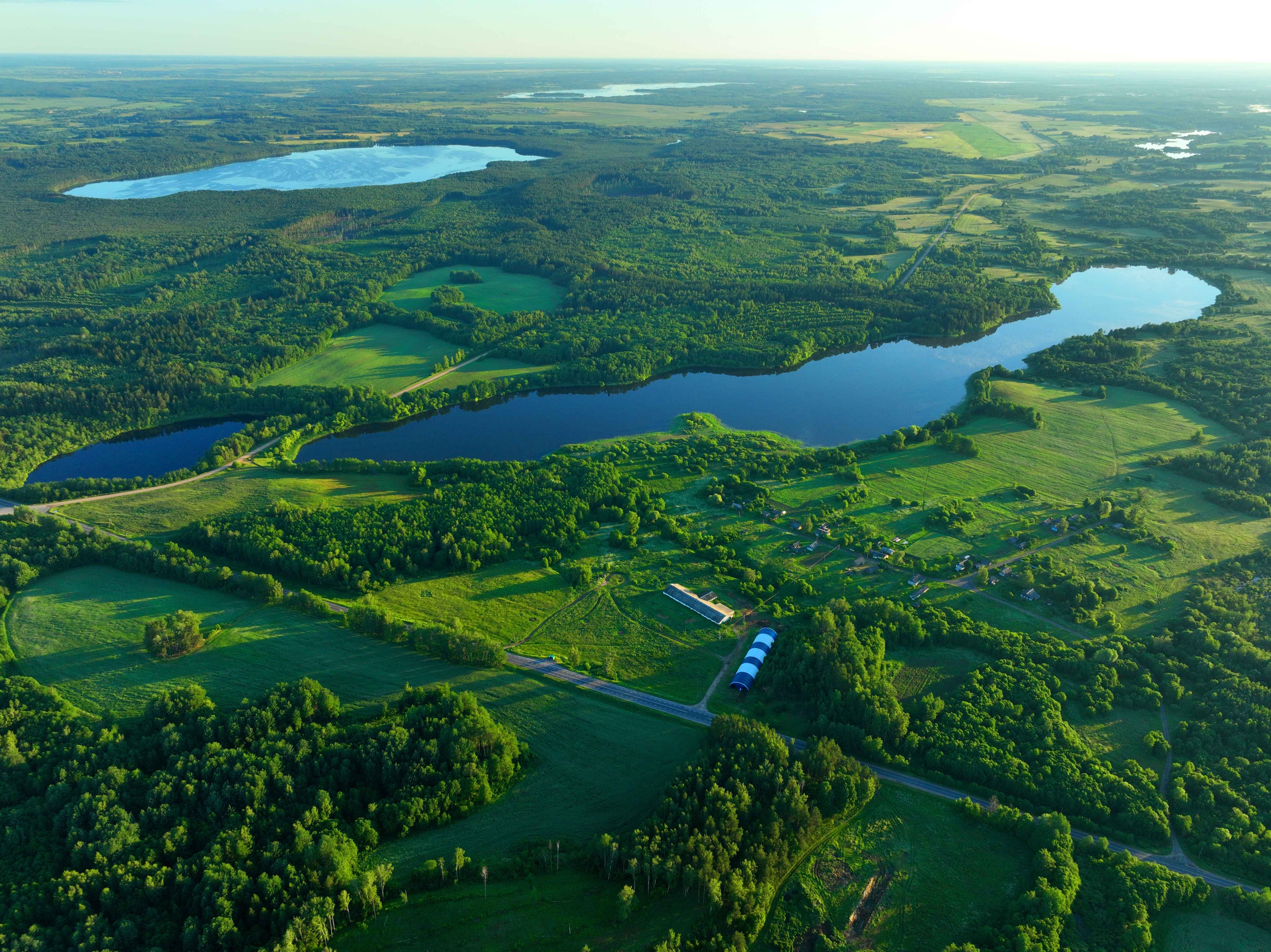As the world’s first publicly traded company focused on ecosystem restoration, we often question why we chose a public listing rather than a non-profit model.
The question is interesting, and we’ll use this blog to explain our motivations and vision on the challenges and opportunities at hand.
While we worked on the inception of DGB Group, we deliberated for months - going back and forth on whether or not to register as a non-profit.

The reasons were many, but they mostly revolved around impact. Please allow us to clarify:

How our growth increases our impact:
While infinite growth on a finite planet is of course, a ridiculous idea, we do believe that a company such as DGB group needs massive growth in order to really create impact.
As we made plans, we quickly realised that operating as a charity or NGO would severely limit our growth.
While charities, non-profits and NGOs are incredible organisations, with skilled professionals and valuable knowledge and networks, their ability to spend money on things like marketing, or scaling technology, is limited.
This is mainly because the bulk of their funding should go directly to the cause it supports, and the funds they receive are more often than not allocated in advance by the supporting donor.
While this ensures that the funds are spent on the cause, which is, in itself, a good thing, it might not always be the most beneficial in the long run, and can severely impede the organisation’s growth.

How speed increases our growth:
Another important aspect of our public listing is speed. To put it bluntly: we’re in a rush.
Habitat destruction is happening right now, and it will continue to happen unless someone (or rather, a lot of someone's) takes action.
As the first listed reforestation company in the world, we have the ability to leverage financial markets to achieve our planetary goals faster.
Why, you ask? We’ll help clarify by summing up the seven biggest benefits of our listing below.
1. Public listing accelerates our operations
By letting individually shareable participate in our activities, we can raise the funds needed to scale our reforestation and conservation projects.
2. Public listing helps reach investors from around the world
We are required to have a global outlook. Since our work benefits everyone on earth, and takes place all over the globe, anything less than a global perspective would be folly.
3. Public listing fosters absolute transparency and strict regulations
As a public company, there is increased transparency and a greater level of disclosure, clarity, and accuracy into communications with stakeholders. This creates the kind of accountability necessary for our important work.
4. By the public, for the public
Everyone benefit from a biodiverse and protected planet. Our cause is a public one, and people who invest in that - our shareholders - should benefit financially too.
5. Public listing provides higher valuation and leveraged effects
Public assets have historically commanded higher average valuations for several reasons, including investors being willing to pay for liquidity and transparency.
6. Public listing creates liquidity to an illiquid market
Ours is a notoriously illiquid market, but our listing creates an opportunity for investors to supply liquidity and receive compensation for creating a greener planet.
7. Public listing creates global publicity
As a publicly traded purpose company, we reach a worldwide audience.


How we intend to use these benefits
While we could have created a non-profit and become a market leader through persistence and a couple of decades of hard work, we simply don’t have that much time.
That's why Dutch Green Business uses investor capital to plant trees and fund forest conservation at speed and scale.
Through the sales of Carbon Credits, we are essentially commodifying nature, so we can use the profits from creating or protecting nature to reinvest into planting or protecting more trees now, or acquiring the assets we need to do so tomorrow and all the days after.

Making nature prosper and flourish
The bottom line of our decision to become a publicly listed company is that it was the most sensible thing to do to pursue our goal of making nature prosper and flourish.
Or, in the words of former Unilever CEO Paul Polman: ‘’Profits should come not from creating the world’s problems, but from solving them.’’








